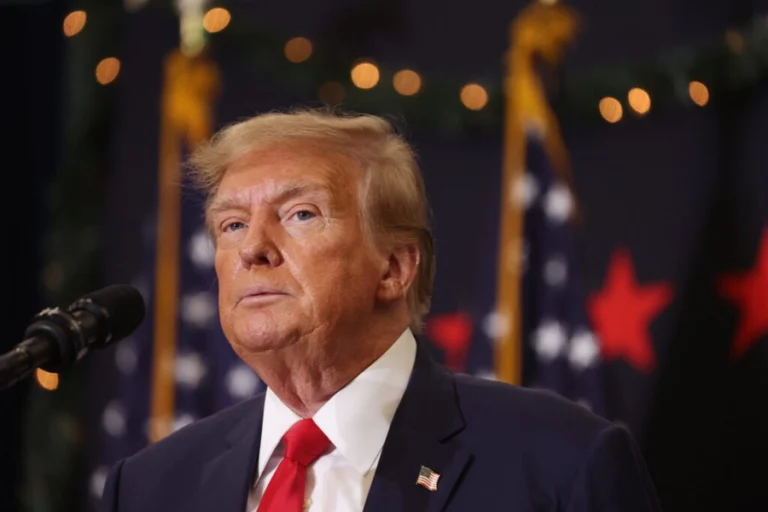Trump Eases Sanctions on Syria but Maintains Pressure on Assad and Armed Groups
Trump’s executive order lifts sweeping economic sanctions on Syria and calls for a review of terrorism-related designations targeting the country’s new leaders.

Washington adjusts its stance on Syria, easing sanctions while keeping restrictions on Assad and Islamist factions. Photo: @Italiani_news
July 1, 2025 Hour: 5:52 am
U.S. President Donald Trump has signed an executive order easing long-standing economic sanctions on Syria, while calling for a review of terrorism-related designations linked to the country’s new leadership in Damascus.
RELATED:
Trump Will Host Netanyahu at White House Amid Iran Conflict and Gaza Crisis
The move marks a significant shift in U.S. foreign policy toward Syria, where a new interim government led by Ahmed al-Sharaa came to power following the ouster of former President Bashar al-Assad late last year.
The executive order, set to take effect on July 1, lifts wide-ranging financial restrictions that have affected Syria for decades. However, sanctions targeting Assad himself and former officials from his administration remain in place.
According to the White House, the measure aims to “support the country’s path toward stability and peace.” It allows for the easing of export controls on selected goods and the removal of some restrictions on foreign assistance.
One of the key elements of the order is a directive for Secretary of State Marco Rubio to reassess Syria’s status as a “State Sponsor of Terrorism”—a designation Washington has maintained since 1979. He is also instructed to review the classification of Ahmed al-Sharaa as a “Specially Designated Global Terrorist,” a U.S. label that triggers financial sanctions and blocks international transactions.
Al-Sharaa led a coalition of Islamist factions—including Hay’at Tahrir al-Sham (HTS), which evolved from the former al-Qaeda affiliate al-Nusra Front—that played a leading role in overthrowing Assad. HTS is also currently listed by the U.S. as a terrorist organization.
In a press briefing on Monday, newly appointed U.S. special envoy to Syria, Thomas Barrack, defended the administration’s shift in policy, acknowledging the controversy over backing a former militant commander now serving as head of state.
“To some, this may feel like a contradiction—someone once part of al-Nusra now becoming a national leader,” Barrack said. “But remember, we had our own revolutionary war. From 1776, it took 12 years to establish a presidency. And the first was a general—George Washington.”
Rubio, meanwhile, acknowledged the security concerns, describing Syria as “a playground for jihadist groups, including ISIS and others.” He admitted that “the new leadership didn’t pass the FBI’s background check,” but insisted that supporting the new government is necessary to avoid further regional destabilization.
The decision follows Trump’s meeting with al-Sharaa in Riyadh this past May, where discussions focused on Syria’s post-conflict reconstruction and the possibility of normalizing relations with Israel. At the time, Trump pledged to give the new authorities in Damascus “a chance at greatness.”
Russia, which backed Assad throughout the conflict, has expressed willingness to cooperate with the new leadership, calling for Syria to remain united, sovereign, and independent.
With the executive order set to come into force on July 1, the U.S. is repositioning itself in Syria’s evolving political landscape. While core security concerns remain, the shift suggests a move from confrontation to cautious engagement with a new, still-untested leadership.
Author: MK
Source: RT

